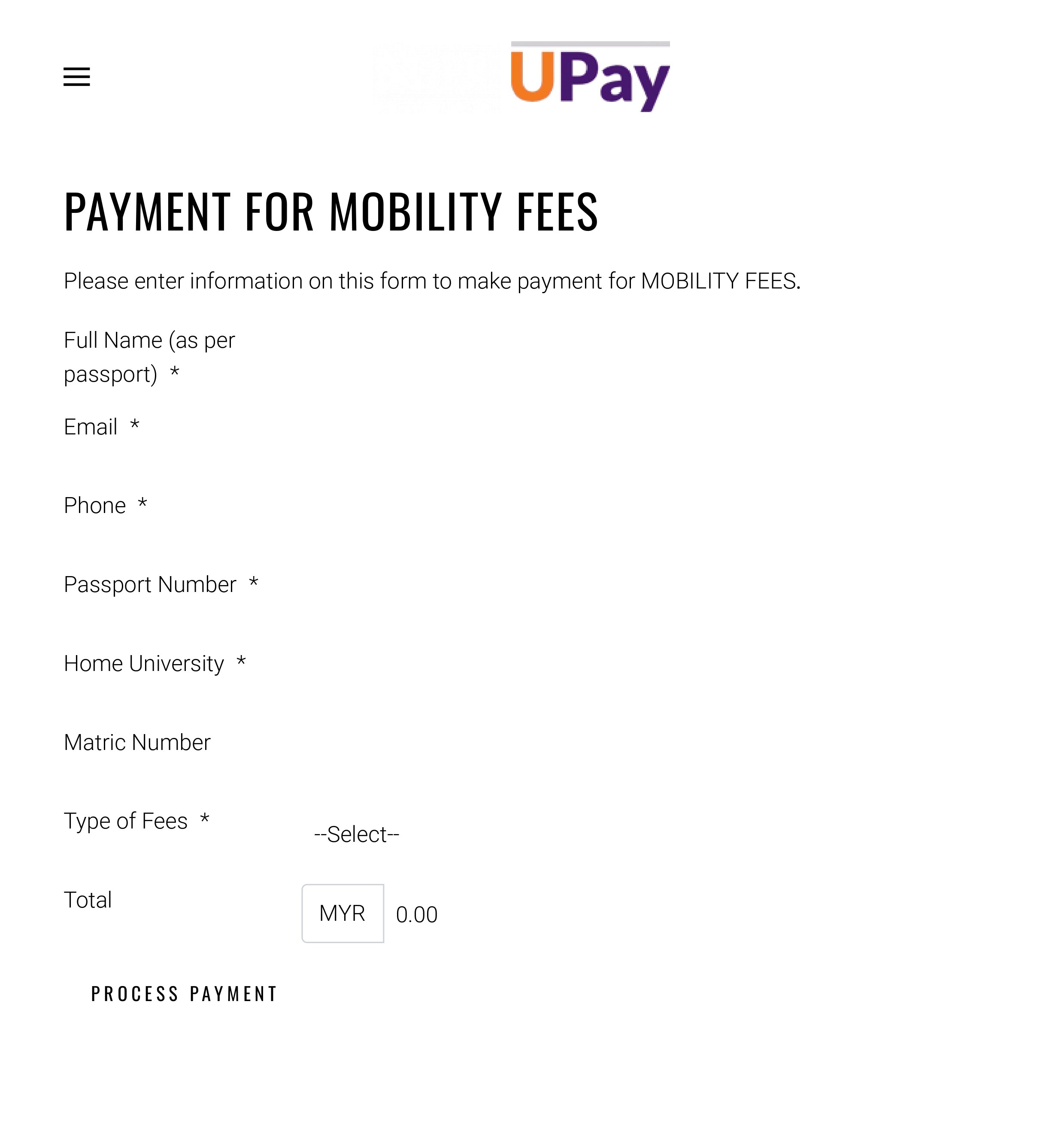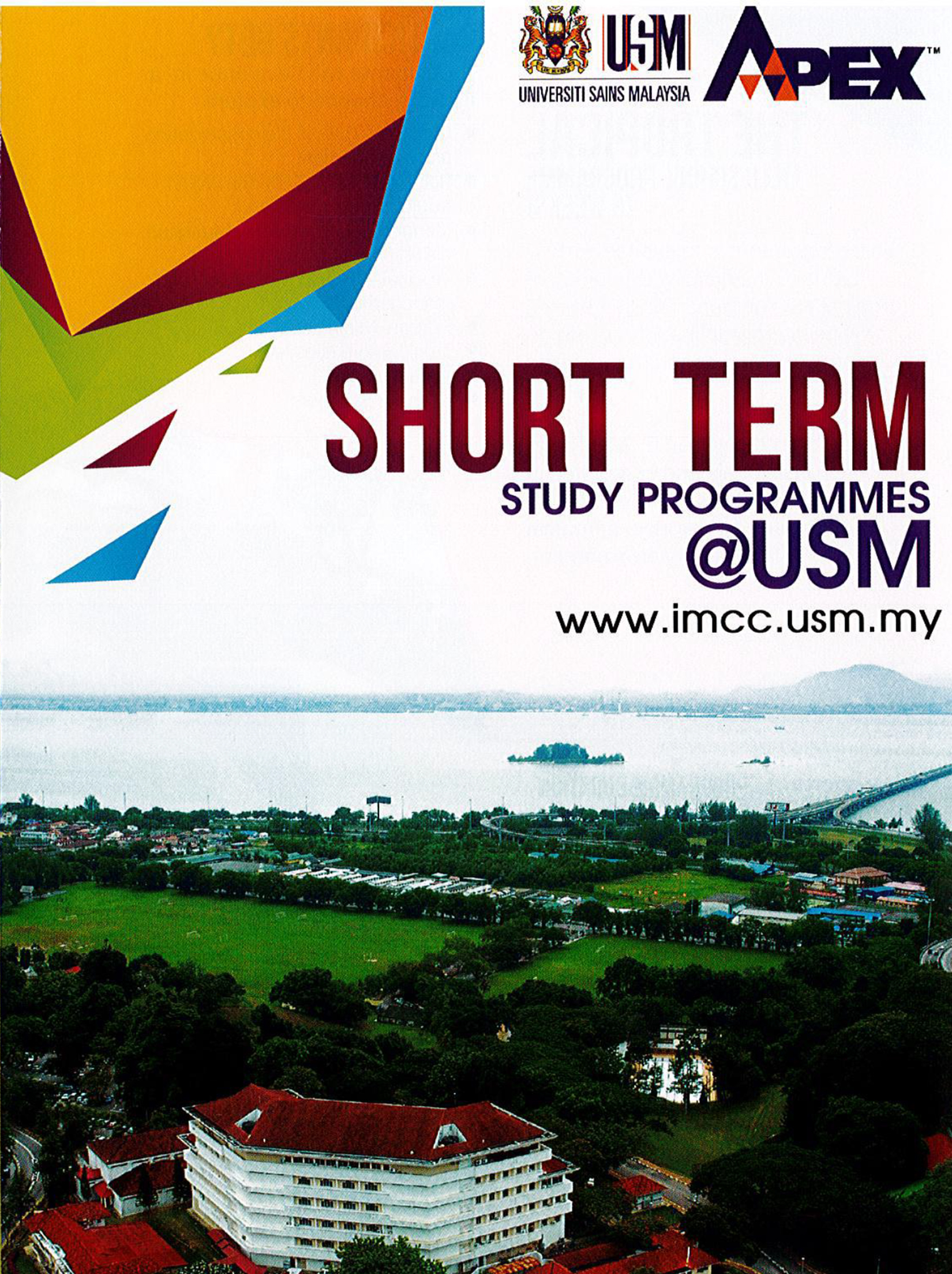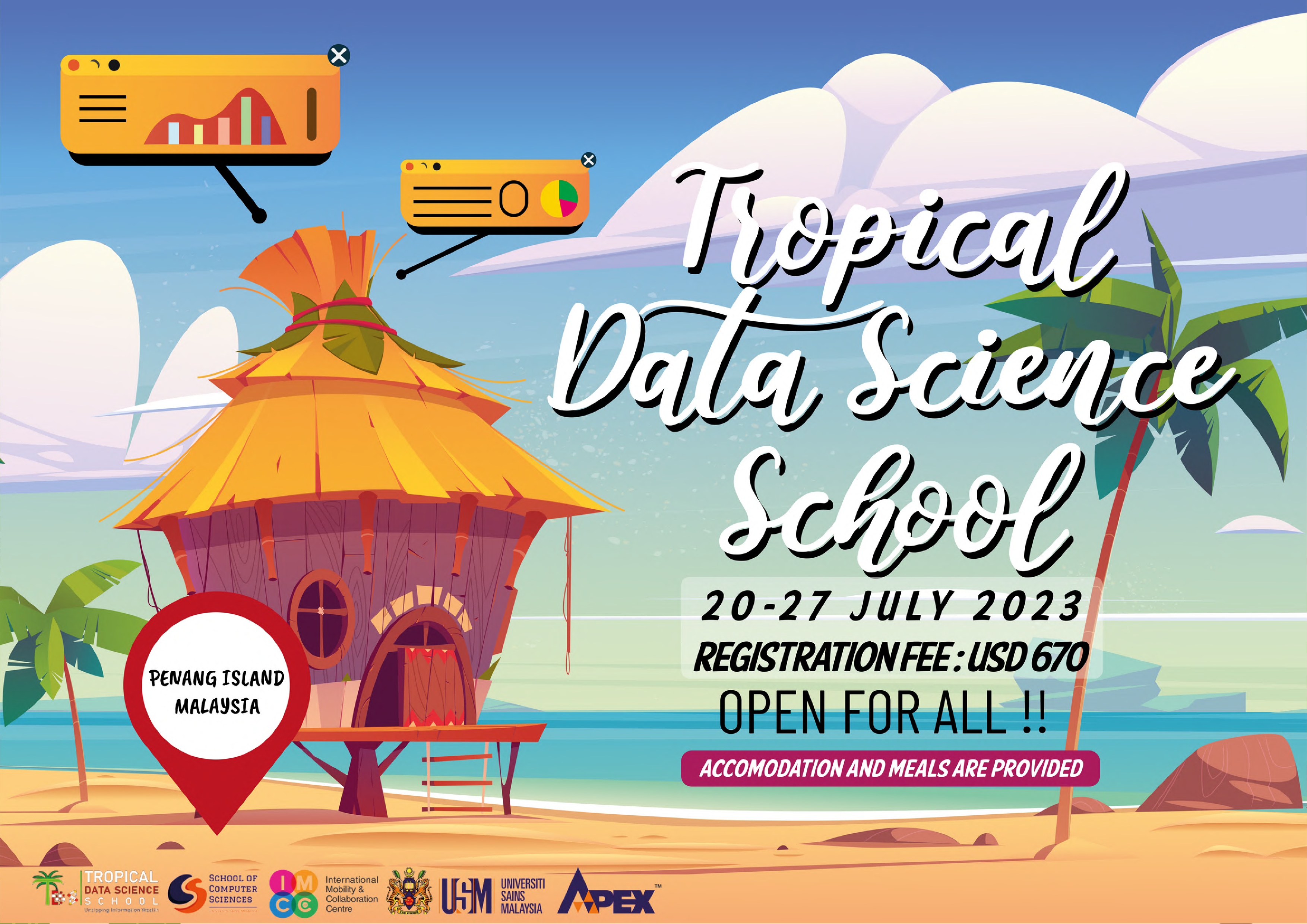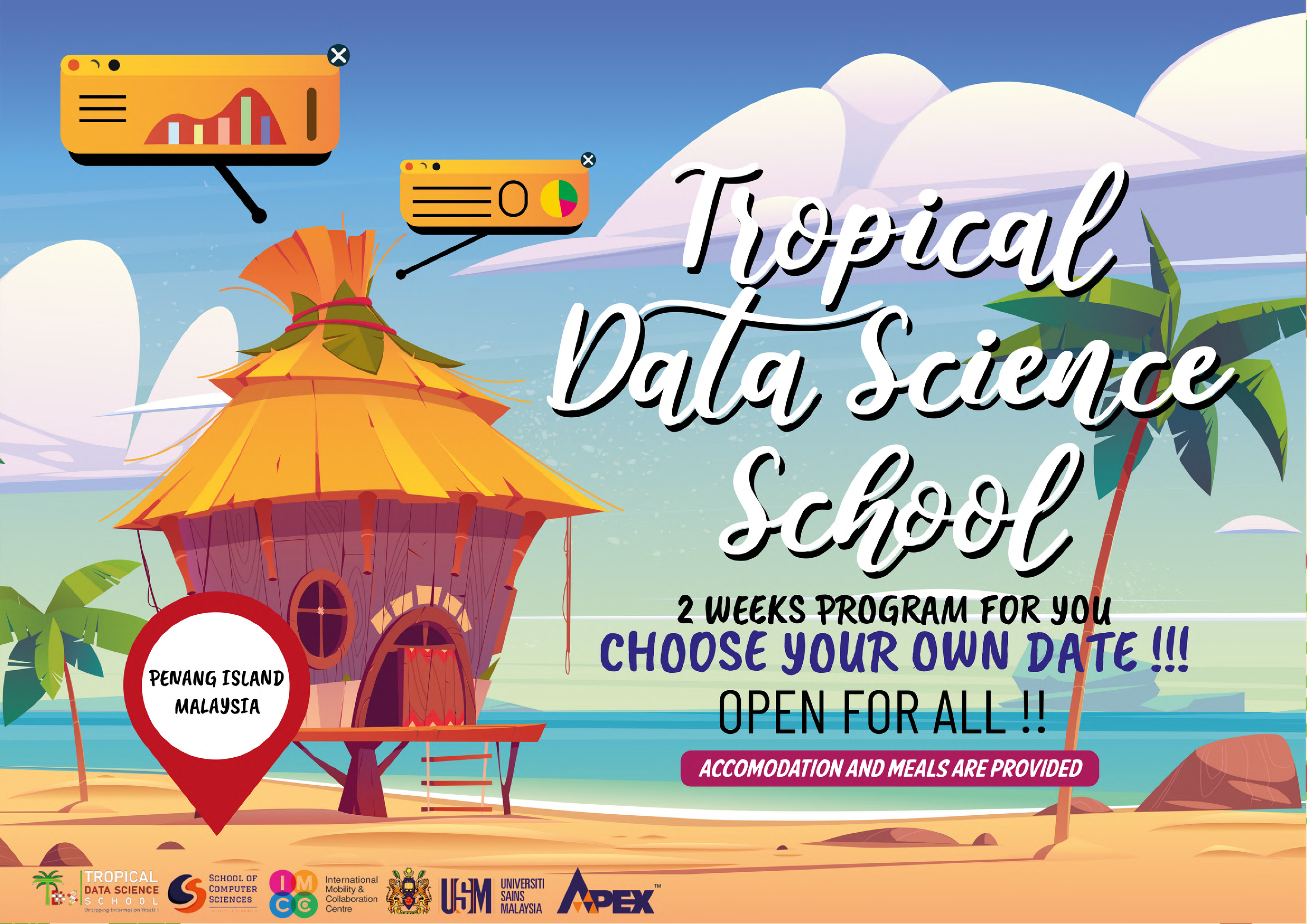ASEAN STUDENT LEADER FORUM
-
ABOUT
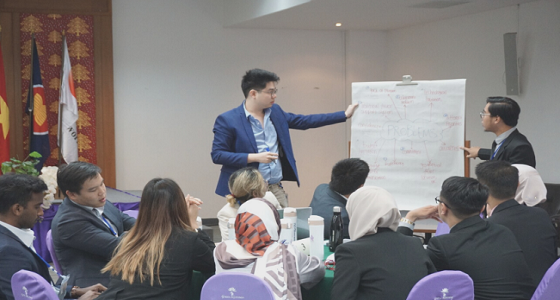
ABOUT ASLF 2024
With the initiative from Nanyang University (NU), Singapore, ASEAN University Network (AUN) launched the premiere ASLF in 2012 as a platform on which university student leaders from student associations, organizations, parliaments and unions across ASEAN gather annually to discuss recent common concerns and share their knowledge and experience in organizing student association activities for their respective universities. Additionally, student leaders engage in a myriad of capacity building activities - all to strengthen the good practices and initiate new high-impact student association initiatives within their own countries.
Following a three-year hiatus due to the COVID-19 pandemic situation, the ASEAN Student Leaders Forum (ASLF) is back in full force as a platform that brings together young leaders from student associations and unions from 30 AUN Member Universities. The design of this flagship youth platform for the region’s student association leaders aims to bring ASEAN student leaders together and nurture them to become future leaders through active learning on Sustainable Development Goals (SDGs), guided by selected experts and practitioners in the field. Throughout this week-long programme, students will gain first-hand learning experience through intensive capacity building for maximum impact as well as knowledge sharing with their peers.
In this regard, Universiti Sains Malaysia (USM) in collaboration with the ASEAN University Network (AUN) Secretariat, will organise the 9th ASEAN Student Leaders Forum (ASLF) under the theme "Transforming Student Leaders for a Sustainable Tomorrow" at Universiti Sains Malaysia, Penang from 15 September 2024 to 21 September 2024. A total number of 250 Students Leaders from 30 AUN Member Universities are expected to take the lead to be an agent of change at ASLF 2024 happening here at USM, Penang.

ABOUT MALAYSIA
Malaysia and Its People
Malaysia comprises of the Peninsular Malaysia and the states of Sabah and Sarawak in the island of Borneo. Malaysia’s neighbours are Brunei, Thailand, Singapore, Indonesia and the Philippines. Malaysia has a population of 34.3 million people, they consist of Malays comprise 57% of the population, while the Chinese, Indian and Bumiputera and other races make up the rest of the population. While the Malay language is the national language, many ethnic groups also converse in their various languages and dialects, and English is also widely spoken. Islam is the official religion of the country, but other religions such as Buddhism and Christianity are widely and freely practised.The Climate
Malaysia is located between 2-7 degrees north of the Equator, in the tropical climate zone. Temperature is around 26 C throughout the year with high humidity. Areas around highlands and mountains are cooler than the lowlands. Heavy rains come normally between May to September, though there are showers during other months too.The Currency
The monetary unit of the country is Ringgit Malaysia and is written as RM or MYR. The exchange rate is valued at USD 1 = RM4.59. Notes are available in RM1, RM5, RM10, RM20, RM50 and RM100 denominations, while coins are issued in 5, 10, 20 and 50 sen (cents) denominations. Foreign currencies can be exchanged at banks and money changers.The Food
Malaysia has a huge variety of cuisines and food is available basically everywhere. You are also likely to find chilli with other hot spices in your meal unless you request a non-spicy serve. Though tap water in Penang is usually of good quality, either filtered or bottled water is recommended for drinking. When buying food at home, use tightly covered containers to protect your food from ants. Fruits and bread are safer when placed in the fridge. Try the food of all kinds to find your own favorites: there definitely is a lot to choose from!
ABOUT PENANG
Penang is a multicultural heritage island-state and mainland, with shopping centres, restaurants, social and cultural activities galore! The city was first established by Sir Francis Light, of The East India Company in 1786. Named after a Betel Nut tree, or in Malay, “Pinang”. Hence the name “Pulau Pinang” or its equivalent Penang Island. With a population of 1.8 million (2023), Penang has the highest population density in Malaysia, with 2457.33 people per square kilometre on the island alone.

ABOUT UNIVERSITI SAINS MALAYSIA
Universiti Sains Malaysia combines joint expertise and experienced in the areas of science and arts. As a university devoted to the promotion of international education and research, USM recognises the essential roles of human creativity, intelligence and initiative that play in the development of increased intercultural understanding. All of these elements are encouraged in an atmosphere of free intellectual inquiry at USM. Universiti Sains Malaysia was first known as Universiti Pulau Pinang, when it was first established in 1969.Although science was (and still is) its priority, Humanities and Comparative Social Sciences studies were nevertheless introduced in the second year in addition to Biological Sciences, Chemical Sciences, Physics and Mathematics. A distinctive difference of USM and other universities is that its practice of a school instead of a faculty system. Students benefit from this system because they are able to undergo courses unrelated to their field of studies and thus, able to learn more.
Universiti Sains Malaysia is situated across the hilly land, formerly the British Army Minden Barracks in 1971. Tall, twisted, gigantically magnificent trees, which can be found around the 239.4 hectares campus, have been here for almost forty years. Besides easing the eyes and soul, these trees have been the sanctuary for over 80 species of birds, up until now. The flora in USM does not only harbour shady flowers trees but also local fruit trees. There are two other USM campuses, one which is situated in Kubang Kerian in Kelantan known as the Health Campus and another in Nibong Tebal, Penang, known as the Engineering Campus. The former houses the School of Medical Sciences, School of Health Sciences and School of Dental Sciences, while the latter houses the existing six engineering schools.
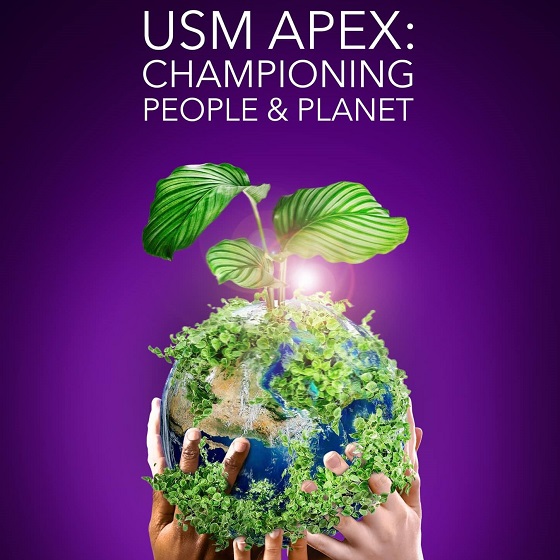
UNIVERSITI SAINS MALAYSIA AS AGENT OF CHANGE AT THE GLOBAL SUSTAINABILITY AGENDA
Universiti Sains Malaysia (USM) maintains its fourth position in the most recent The Times Higher Education (THE) Impact Rankings 2023 list despite more universities participating in the latest exercise.
The country's first Apex university is now ranked first in Asia as a result, and in Sustainable Development Goal 16 ( SDG16), USM holds the top global ranking.
This demonstrates that the Apex status granted to USM has been achieved through the vision of Transforming Higher Education for a Sustainable Tomorrow and the motto, "Kami Memimpin" (We Lead).
This also highlights how USM cultivated its uniqueness to stand out from other universities not only in Malaysia, but globally.
USM embedding sustainability principles in its teaching and research, USM empowers individuals to address complex challenges through innovative solutions and to become advocates for sustainable development in their respective fields,
USM was proud of this achievement, as it underscored the university's dedication to creating a sustainable future, driving positive change and inspiring a generation of leaders who would shape a world that prioritises the wellbeing of people and the planet.THE Impact Rankings 2023 results assessed the achievements of 1,591 institutions around the world as compared to the 1,410 institutions that were evaluated last year. This was done based on the fulfillment of activities and programmes in relation to a number of criteria for the United Nation (UN) Sustainable Development Goals (SDGs).
The achievement by universities in each of the 17 SDGs determined how they would fare in the annual rankings.
The three SDGs with the highest rankings for USM in 2023 included SDG 16 (Peace, Justice, and Strong Institutions), SDG 2 (Zero Hunger), and SDG 1 (No Poverty). SDG 17 (Partnerships for the Goals) was a mandatory SDG to be evaluated along with those top three scores.
For the past few years, USM has increased its efforts with regard to academic, research, industry and community networking activities and institutional arrangements.
USM remains the sole university in Malaysia to be awarded the Accelerated Programme for Excellence (Apex) status by the Higher Education Ministry then, for its continuous implementation of various programmes and activities that relate and correspond to sustainability, the bottom billion as well as the SDGs.
-
THEME

THEME
Transforming Student Leaders for a Sustainable Tomorrow
RATIONALE:
Fostering a new generation of agents of change at the university level is crucial for steering our collective path towards sustainability and a greener Earth. These individuals will carry the torch of innovation, advocacy, and action in addressing the pressing environmental challenges we face today.
Through education, empowerment, and engagement, we can cultivate a cohort of passionate and knowledgeable leaders who are equipped to drive meaningful change across various sectors and disciplines. By instilling values of environmental stewardship, critical thinking, and interdisciplinary collaboration, we can nurture a generation that is not only aware of the urgent need for sustainability but also possesses the skills and determination to enact tangible solutions.
Universities play a pivotal role in this endeavor by providing platforms for learning, research, and community building, where students can explore, experiment, and co-create innovative strategies for a more sustainable future. Together, we can inspire and empower the next generation of change-makers to pave the way towards a healthier planet for generations to come.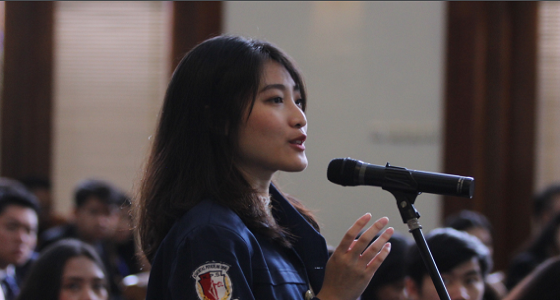
STUDENT LEADERS AS AGENT OF CHANGE
1. In this critical era of pressing sustainable development concerns, it's imperative for universities to foster a culture of sustainability within their campus communities. This cultivation is vital for nurturing a new cadre agent of change among student leaders committed to sustainable development.
2. A "change agent “is according to Fred C. Lunenburg of Sam Houston State University, Texas defines it as "the individual or group that undertakes the task of initiating and managing change in an organisation". (Lunenburg, F.C. (2010) managing change: the role of the change agent. International journal of management business, and administration, 13, 1-6.)
3. Naturally, most agent of change are born in universities where exposure to different subjects, topics and politics grant students the knowledge and skills needed to put things into perspective, find out what an organisation needs to do and come up with new and interesting ideas. Indeed, many campus sustainability initiatives succeed thanks to the actions of student as the agent of change.
-
ACTIVITIES
Duration: 6 Days 5 Nights (excluding arrival and departure day)
What to expect:
1) Exposing industry partners and government officials through Eco-Champions initiatives
2) Agent of Change Workshops
3) Living Lab Experiential Learning Tours
4) Community Engagements
5) Cultural Exchanges
6) Step Up & Star Up - Leadership WorkshopFees: Program Fee: USD 150
ECO-CHAMPIONS
(DISCLAIMER : TENTATIVE / SUBJECT TO APPROVAL FROM THE PARTIES
This is a proposed project, and the finalised program book will be distributed during the event)ASLF 2024 is geared up to create a sustainable world is anchored in a comprehensive understanding of the following themes that guide our actions and initiatives. From addressing climate change to promoting social equity, these themes serve as the foundation to our endeavors. Central to our approach is the recognition that effective solutions require collaboration among community leaders and stakeholders at all levels, including campus, community, country, and global scales. Explore what we do as we work together with our Industry and Governmental Partners towards a more sustainable future for all.

LIVING LAB EXPERIENTIAL LEARNING
Living Labs in USM is widely developed research and development facilities that provides experiential learning environment to cultivate and train learners to grasp the interaction relationship between user-marketplace-technology interactive environment. It enable learners to transform their roles from observers to thinkers then to practitioners, so as to promote students' self-development.
USM living labs are among the most prominent features in USM. They comprise of natural habitat from marine, freshwater and towards water management and historical sustainability. USM Living Labs have shown significant contributions over these years in supporting the Universiti Sains Malaysia’s participation in numerous prestigious ranking and assessment platforms such as Times Higher Education Global Sustainability Rankings (THE-GIR) on Sustainable Development Goals (SDGs), QS World University Rankings: Sustainability among others.- Living Lab@REDAC
River Engineering and Urban Drainage Research Centre (REDAC) is the first research centre at the USM Engineering Campus which was accorded the status of Higher Institution Centre of Excellence or HICoE for service on 9th October 2014 with a niche area on Sustainable Urban Stormwater Management.
A green sustainable urban stormwater management system known as Bio-Ecological Drainage Systems (BIOECODS) was designed by REDAC and subsequently constructed at the USM Engineering Campus, Penang in 2002. BIOECODS attempts to solve three major problems commonly encountered in Malaysia namely flash floods, river pollution, and water scarcity. By implementing BIOECODS, it will help preserve the natural characteristics of the existing river ecosystem.
- Living Lab@CEMACS
The Centre for Marine and Coastal Studies (CEMACS) was established in August 1991 to undertake research and postgraduate training in Marine Science and Coastal Ecosystems. It provides the institutional mechanism for mobilising and integrating the University’s considerable expertise and resources in marine science. The main objective of CEMACS is to enhance the capability of conducting integrated inter-and multi-disciplinary studies leading towards solving problems related to marine and coastal ecosystems. CEMACS is located at Teluk Aling the northwest coast of Penang Island in the Penang National Park. The centre is served by a number of core academics working in collaboration with research associates identified from other teaching schools as well as from outside the University. The centre’s international associates include those from Canada, Australia, USA, UK, Japan, Cambodia, Indonesia, India, Iran, Australia, China, Singapore, Vietnam and Denmark. Associates of CEMACS are provided with the direct access to the Centre’s considerable research and training facilities. Presently, research and training conducted at the centre is focused on biodiversity and conservation of marine ecosystems, coastal forest ecosystems, mariculture and marine mammal ecology (dugong and dolphin).

- Living Lab@ USM Archaeological Site
USM archaeological sites houses a library containing research and publication items relating to the Kedah Tua Archaeological site, an excavation site model for tourists' and visitors' hands-on experience as well as a science laboratory to analyse archaeological artifacts. Focusing on deeper studies of geological aspects, geophysics, mineral resources engineering, geochemistry and geological heritage in the archaeological site in order to gather information and criteria needed together with the Geological Survey Department in efforts to elevate the heritage site as a National Geopark.

-
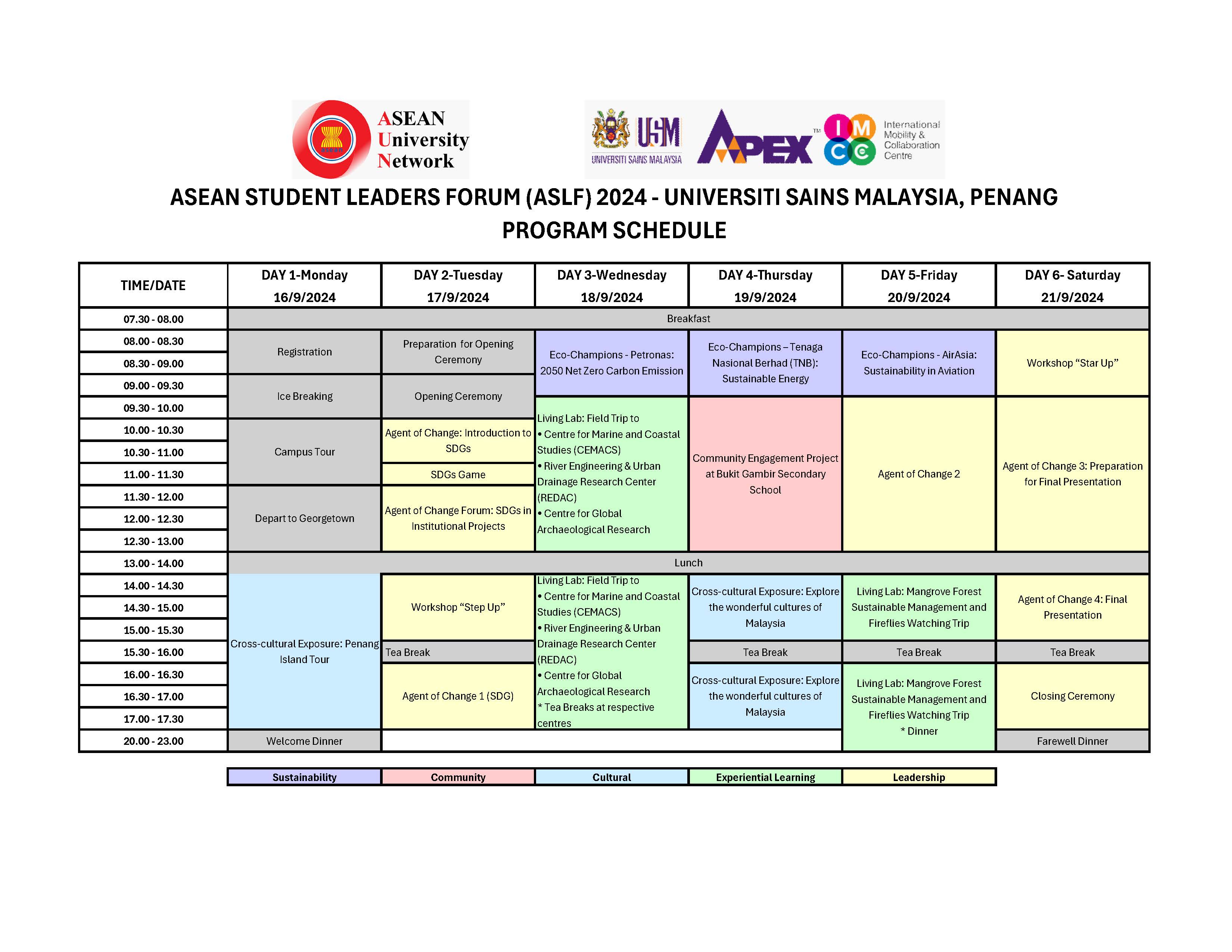
SCHEDULE
-
REGISTRATION
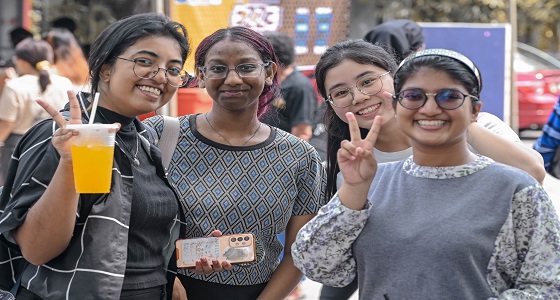
Things to know before applying
Number of Participants
• A maximum number of 8 students and 1-2 accompanying persons from each university
Eligibility
• Student leaders/organization representatives from the AUN 30 Member Universities
• Student leaders who are enthusiast to learn and work in an international environment
• Faculty Members/Staff from universitiesProcedure
1. Submit Online Application to AUN Secretariat
2. Pay Program Fee : USD 150
3. Receive the Letter of Admission
4. Apply Visa (If applicable) and purchase Travel Insurance & Air Tickets
5. Receive the Handbook and embark on the journey
CertificateAt the end of the program, participants will receive a Certificate of Achievement.
Application Period (2024 Summer)
31 August 2024
-
PRE-ASSIGNMENT

1. Representative from each country will deliver a 5-minute presentation on their Country Sustainability Initiatives. The representative will be chosen among the student leaders from various universities from that country during the session at USM. This will serve as the foundation for all discussions during ASLF 2024.
2. Student are required to bring documentation showcasing the sustainability agenda of their university and country.
3. Student are required to bring a set of formal attire that reflect the corporate identity of the University.
4. Student are required to bring cultural costumes representing their respective ethnicity /countries for the Cultural Presentation on the final day of the program..
5. Bring local snacks from their country; Vegetarian or Halal snacks are encouraged.
6. Prepare a souvenir for exchange.
GET INSPIRED!
-
USEFFUL INFORMATION
Visa
• Participants must carry a valid passport with at least 6 months' validity.
• Citizens of certain countries do require a Visa to visit our host countries.
• Participant is responsible for applying and obtaining his/her own Visa if applicable.Transportation
- Participant needs to arrange his/her own flight tickets (arrival and departure to/from) to Penang, Malaysia.
- Local transportation will be provided between program sessions (lessons, workshops, study tours, teamwork course and leadership training.
- Airport transfers are only provided for arrival and departure to/from Penang International Airport and USM. Participants will be picked-up at the Penang International Airport starts on Sunday, 15 September 2024 , at 10 am. Transportation will be provided.
- USM Student Budddies (liaison officers) are assigned to pick up the participants at the airport. Please look for the Welcome Board that includes the name “9th ASEAN Student Leaders Forum”.Accommodation
1. All participants will be lodged USM Desasiswa or Dormitory beginning 10.00 am on Sunday, 15 September 2024 until 2.00pm on Sunday , 22 September 2024.
2. Dormitory has free wi-fi access. It is also located near restaurants, convenient store, cafes and laundry services. Participants will be informed of the location of Prayer Rooms at the start of the day by liaison officers.
3. The accommodation fees are covered by USM. However, additional charges due to other Dormitory services availed of by a participant are to be charged to the participant. Loss and replacement of the key card is charged to the participant.
4. All participants are under the liability of the USM Universities at all times until the end of the program.
5. 7 nights' accommodation (inclusive of day 0 - arrival day) will be arranged for all students. The room is on a twin-sharing basis with common bathrooms. Each student will have his/her own bed.
6. Proper behavior and decorum is expected from the participants while at the dormitory.
7. If you reach the host city before our program or you want to make an extension after our program, you need to make your own hotel arrangement.Food
Breakfast, lunch and tea break + 3 formal dinner will be provided for all participants. For other meals not covered, participants can eat at the cafeteria/food hall/restaurant in the hostel or the city. The minimum estimated cost per meal in USM cafeteria is RM 8.
Itinerary
The program's itinerary may be subject to change. Participants will receive a handbook with detailed itinerary 2 weeks before the program.
Travel Insurance
All participants are required to purchase Travel Insurance before coming to the host countries. The travel insurance should cover but not limited by:
1. Lost or Damaged Luggage
2. Sudden Trip Cancellation
3. Personal Accident Coverage
4. Medical Expenses and Emergency
5. Travel Delay not caused by you (including natural disasters)Additional Finance
Take note that food will only be provided for breakfast, lunch and 3 formal dinners. Participants are advised to bring with them pocket money for personal use as well as other personal necessities (i.e food , medicine, etc.). Changing of Money will only be done at the Airport. Liaison Officers will be assigned to assist you during this period.Attire
Students are allowed to dress smart-casual throughout the event but however students are required to wear their formal University Corporate Attire during the opening session and cultural costume during cultural performances.
-
CONTACT US
We look forward to embarking ASLF 2024 journey together with you!
Contact Information :
Mohd Hafizal Bin Mohd Isa (Assoc. Prof. Dr.)
Deputy Director
International Mobility & Collaboration Centre (IMCC)
Building C09,
Universiti Sains Malaysia Main Campus,
11800 Universiti Sains Malaysia.
Penang, MalaysiaMs. Moganeswary Muthusamy
Principal Assistant Registrar/Mobility Manager,
International Mobility & Collaboration Centre (IMCC),
Universiti Sains MalaysiaThis email address is being protected from spambots. You need JavaScript enabled to view it.
+60124735531email us for any inquiries :
This email address is being protected from spambots. You need JavaScript enabled to view it.
Asian Universiti Network
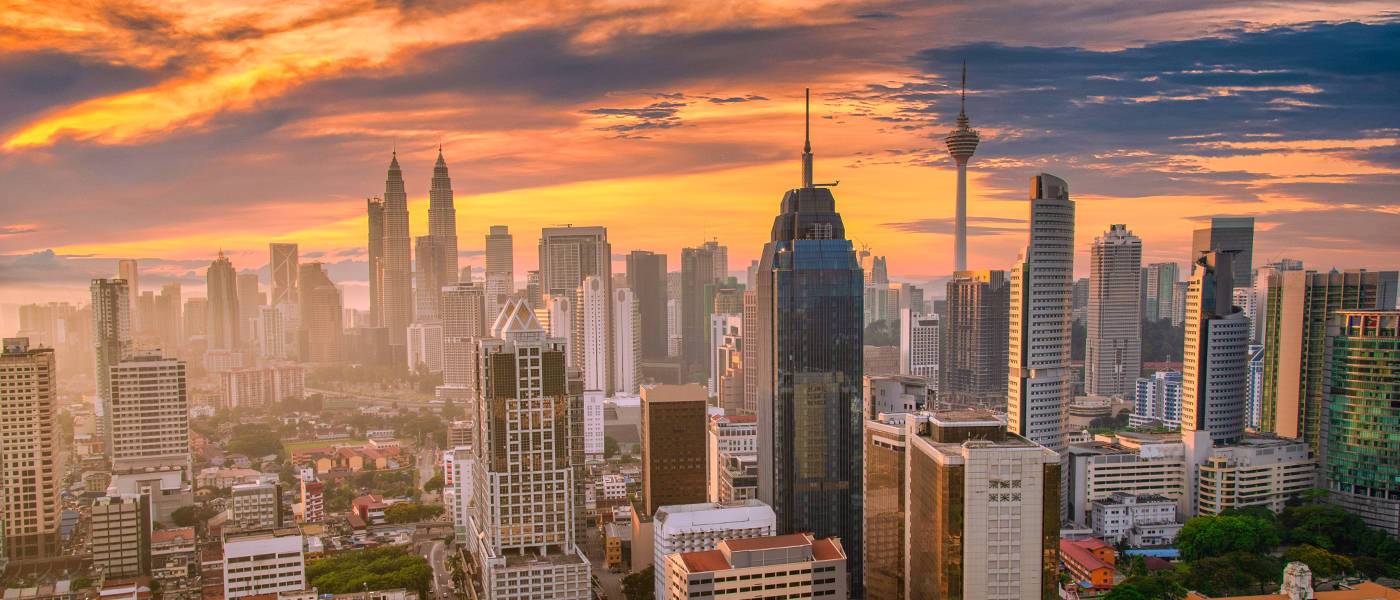
AUN SUMMER CAMP "THE LIFE PROGRAMME"
List of Short-term & Summer Programmes
List of Short-term & Summer Programmes
-
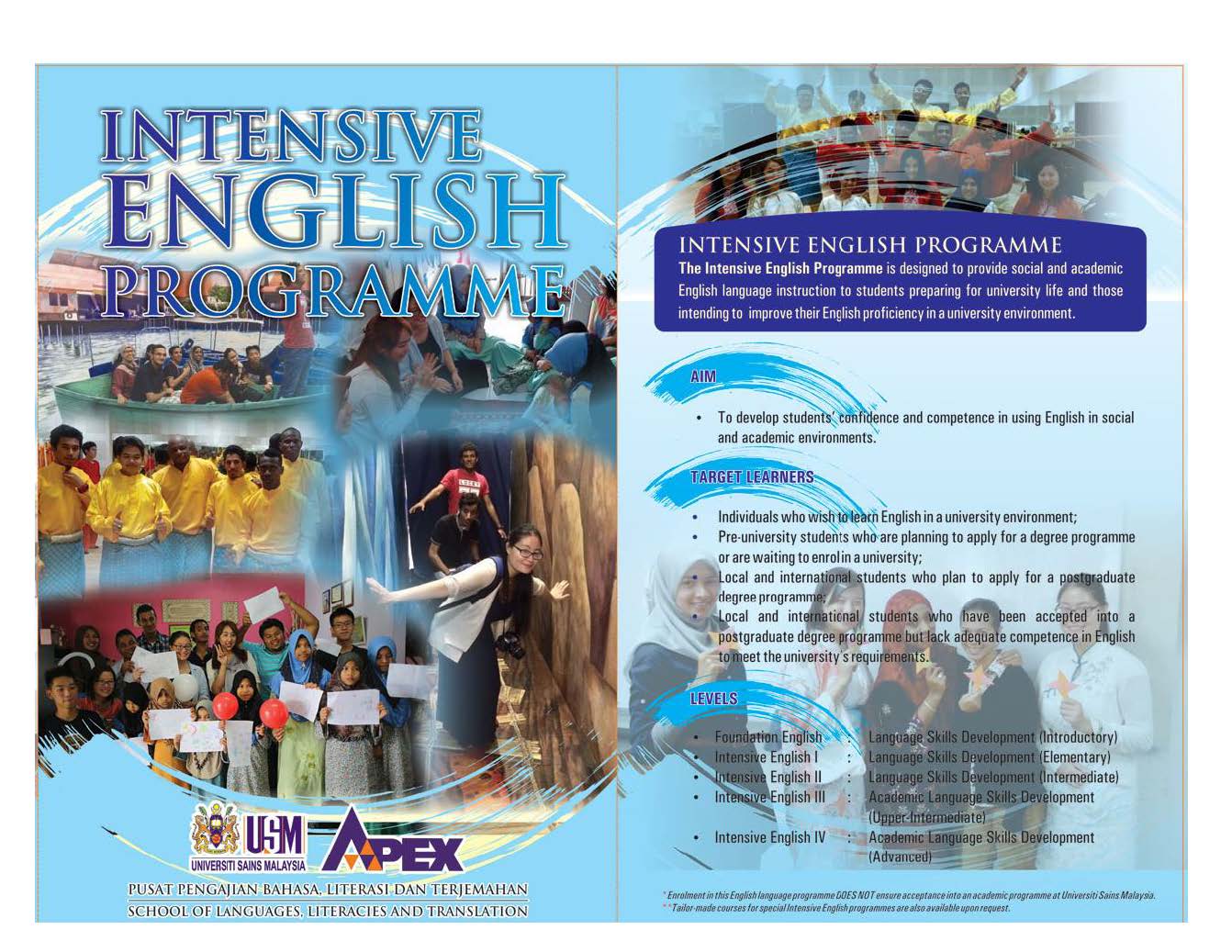
INTENSIVE ENGLISH PROGRAMME
-
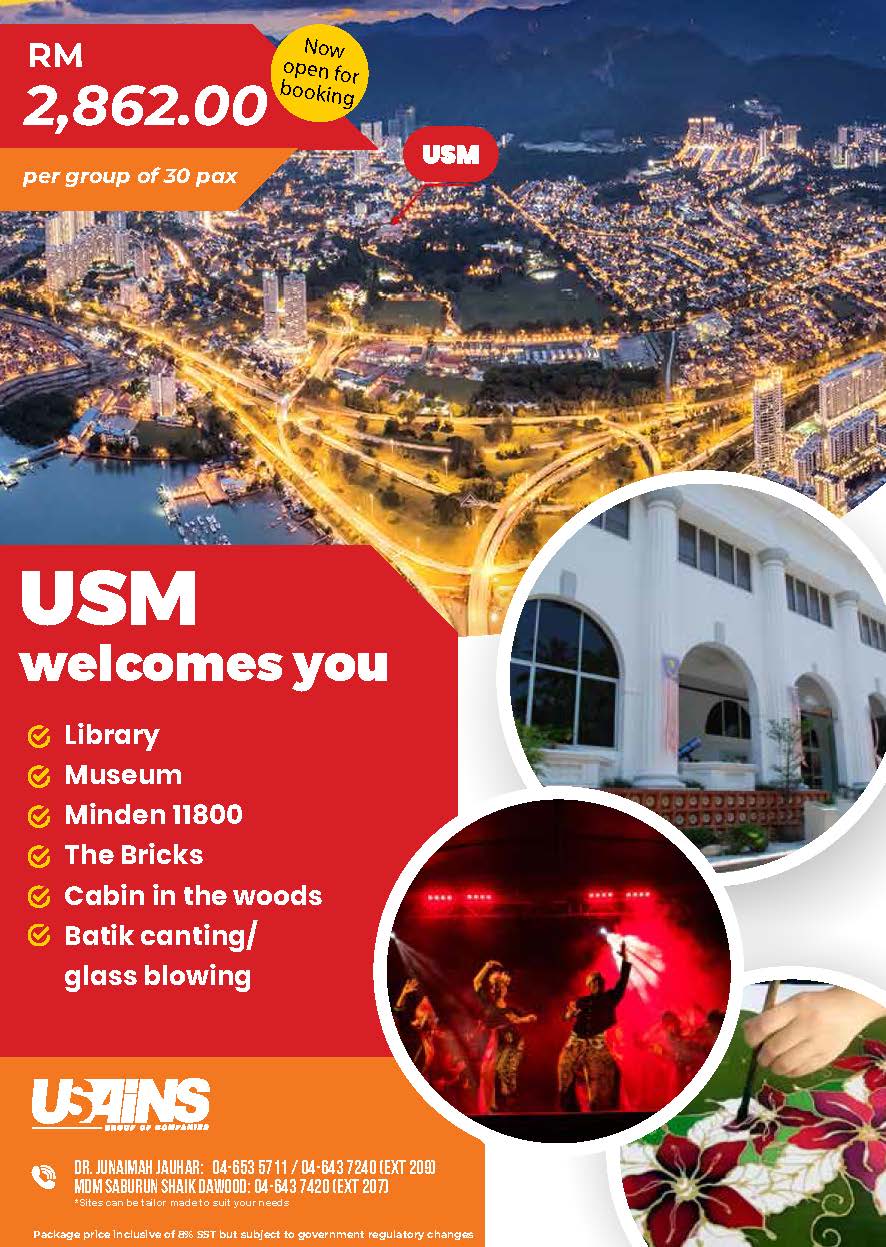
CAMPUS TOUR
-
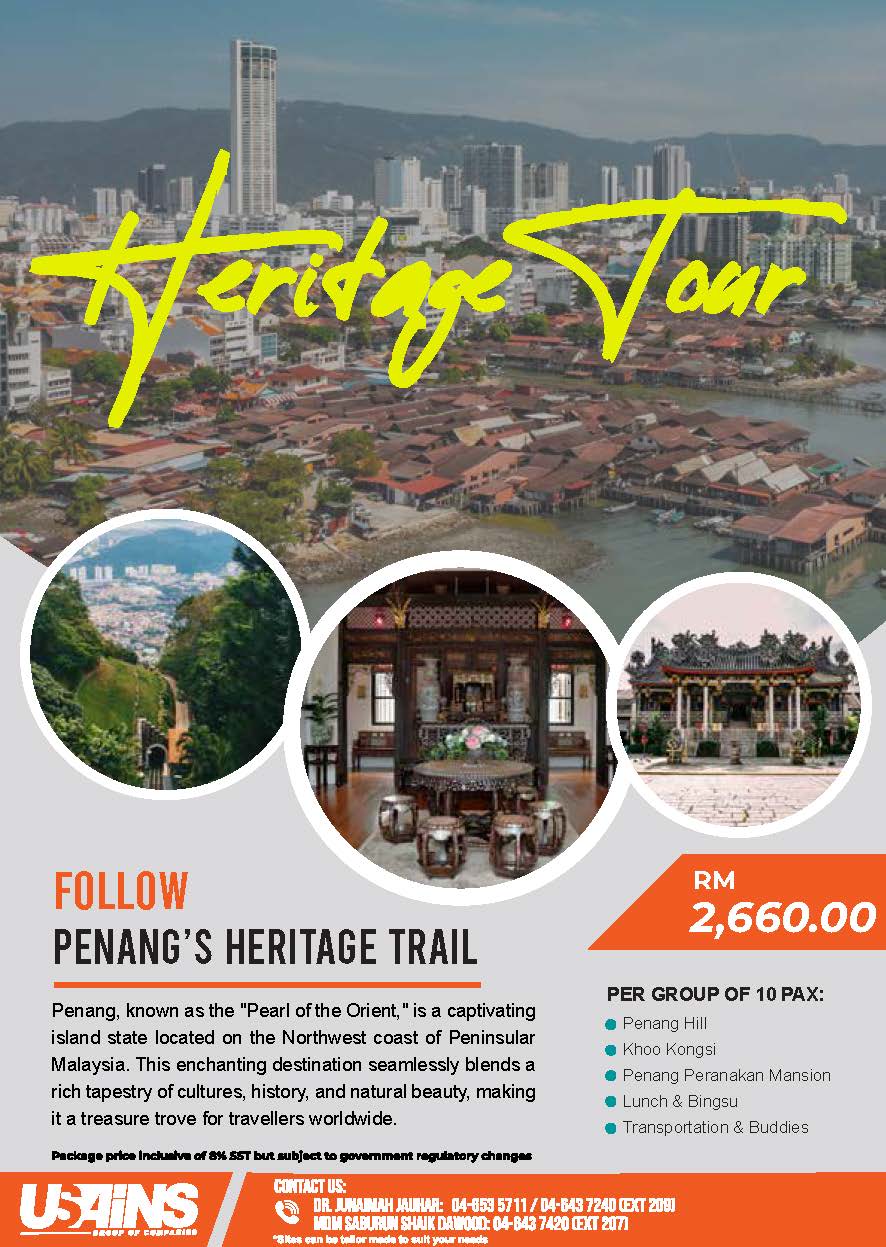
HERITAGE TOUR
-
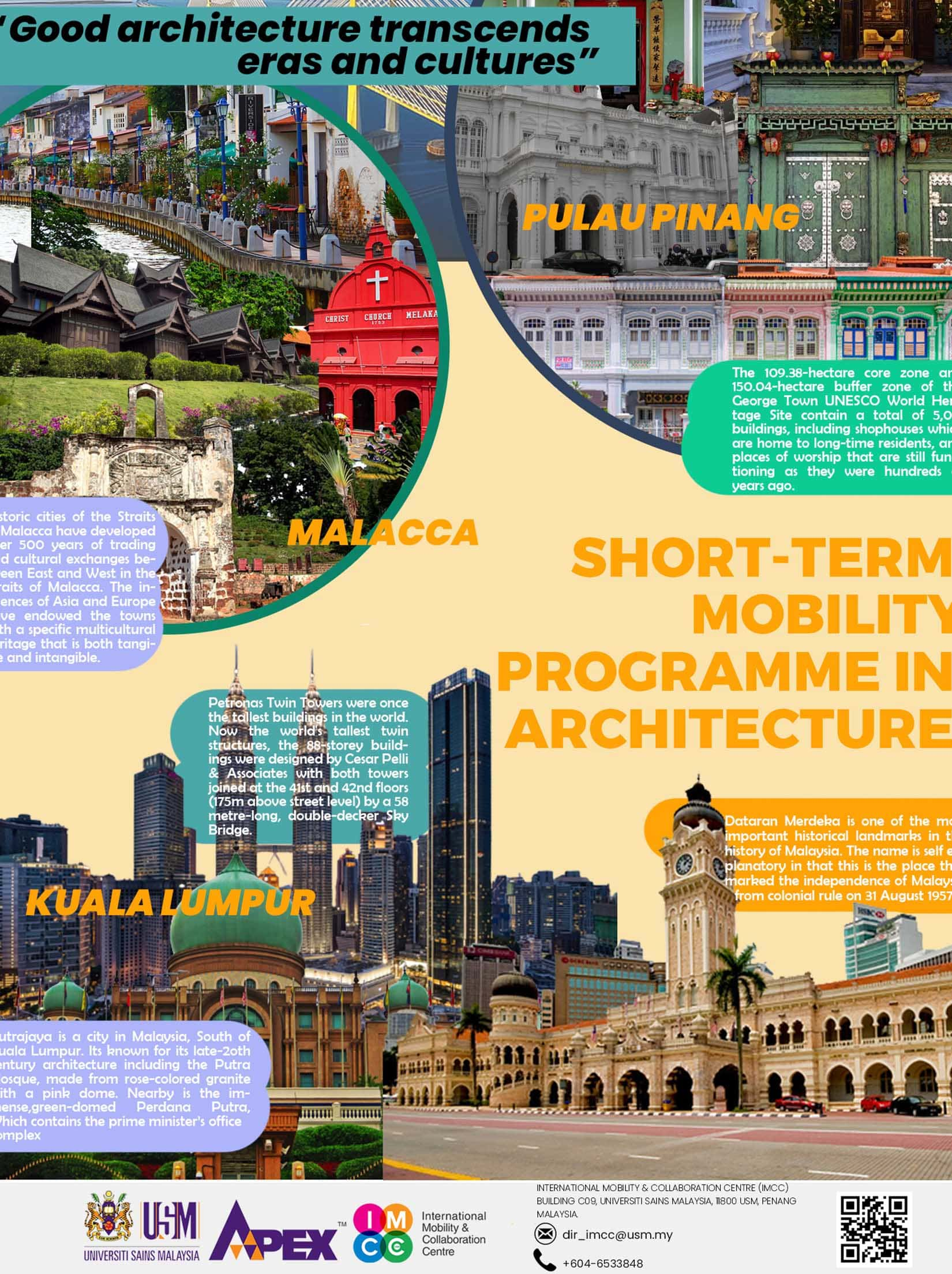

Architecture (Short Term Programme)
-
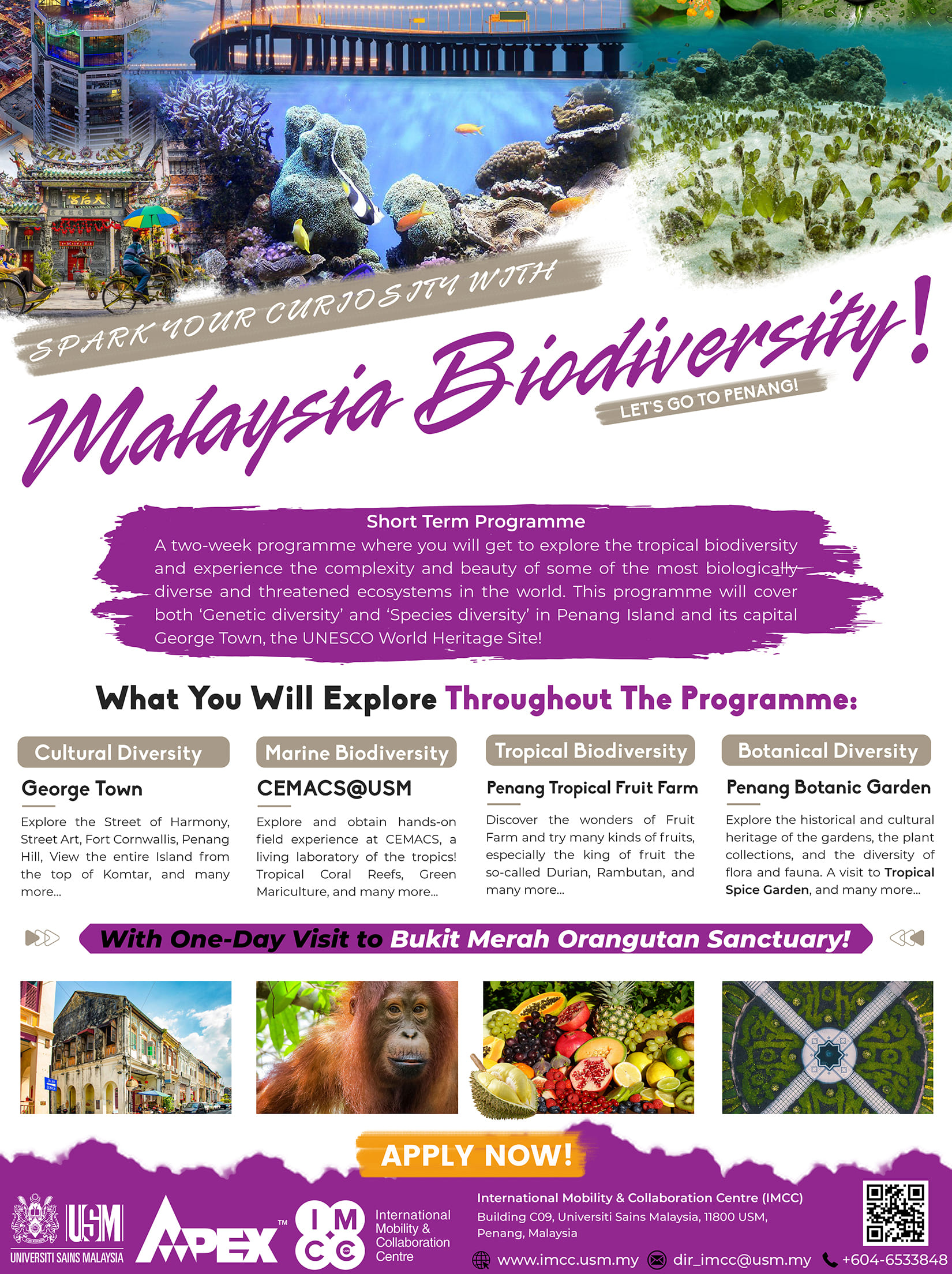

Malaysia Biodiversity (Short Term Programme)
-
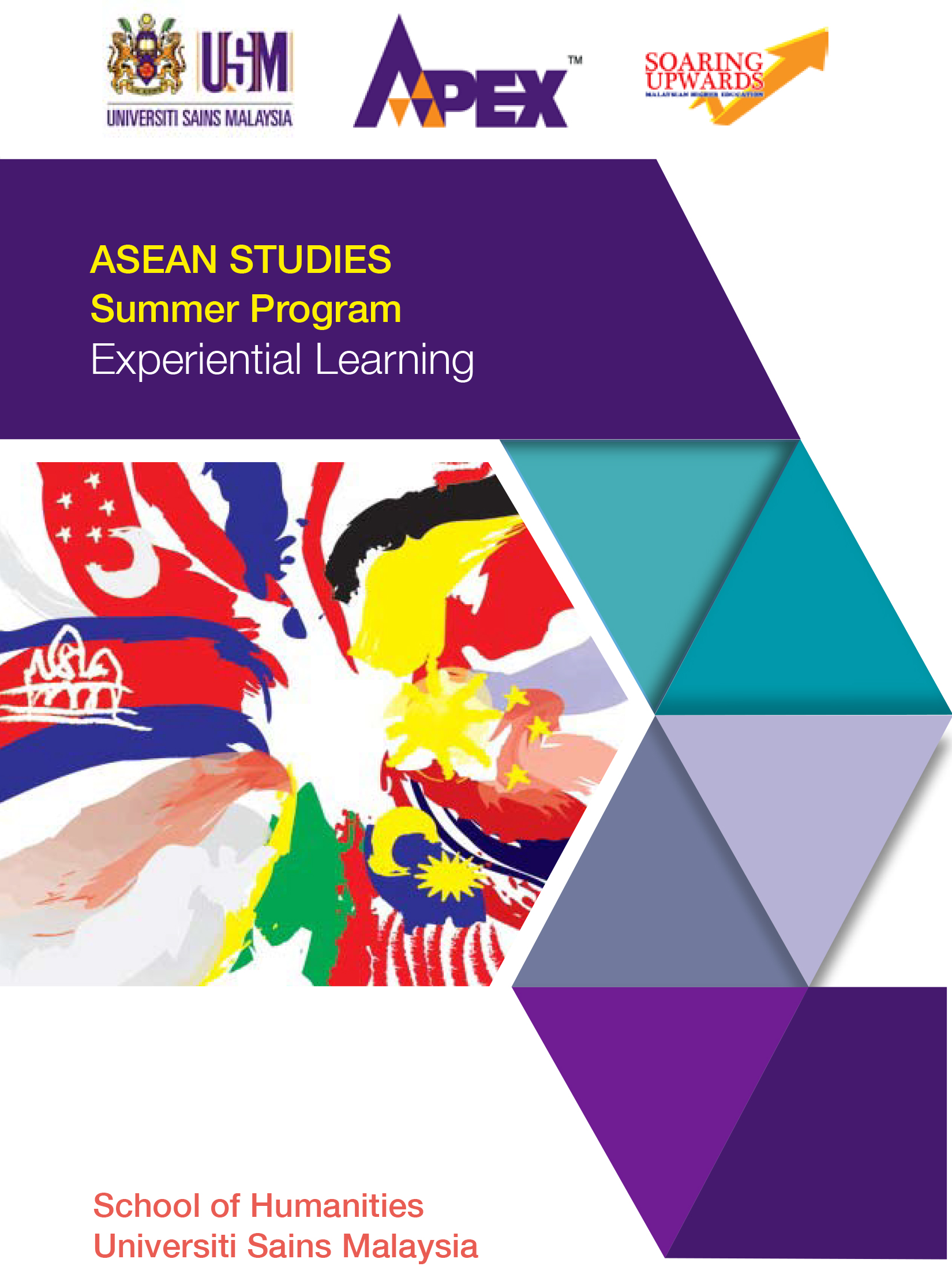

ASEAN STUDIES SUMMER PROGRAMME
-
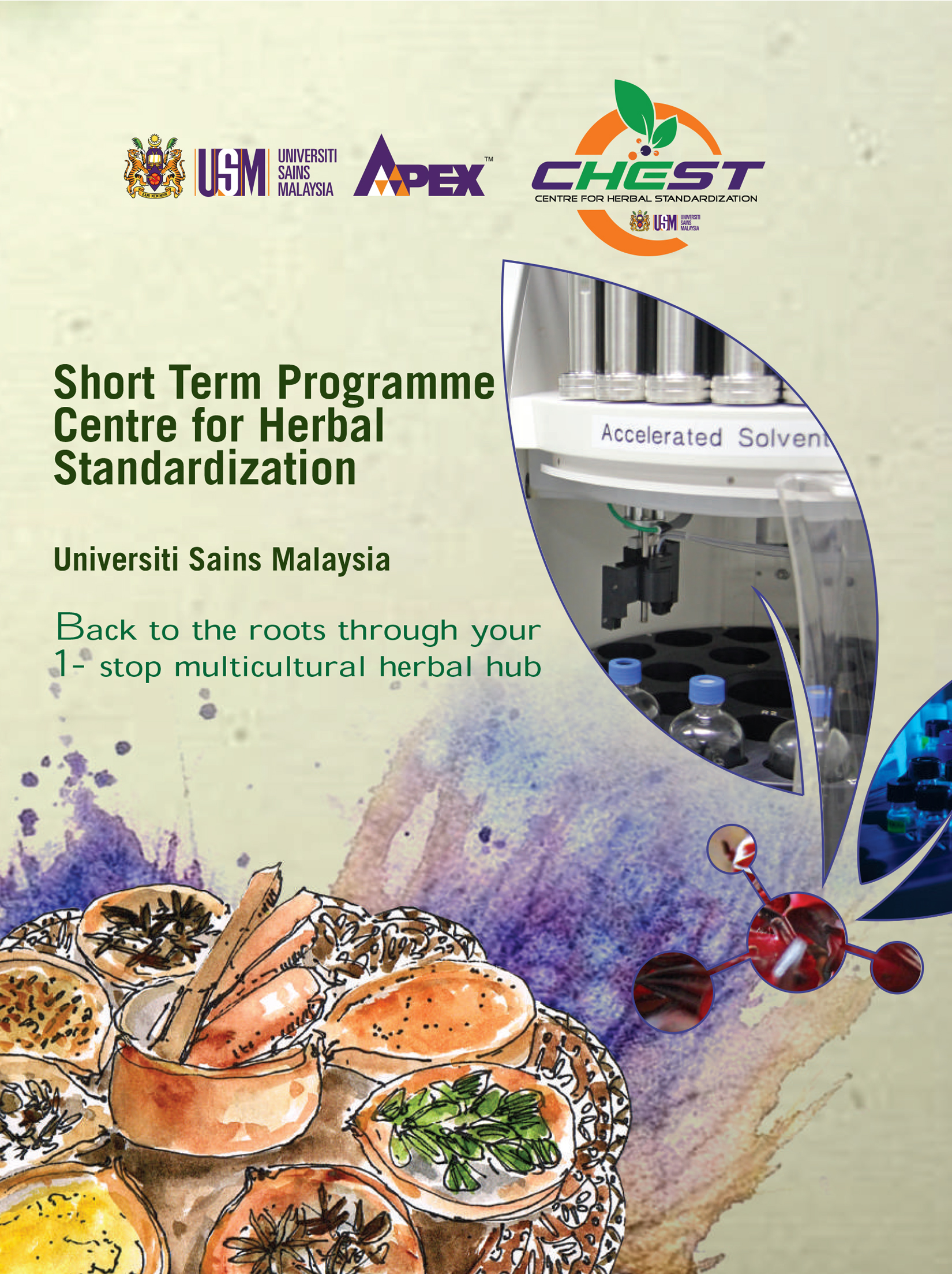

Centre for Herbal Standardization
-
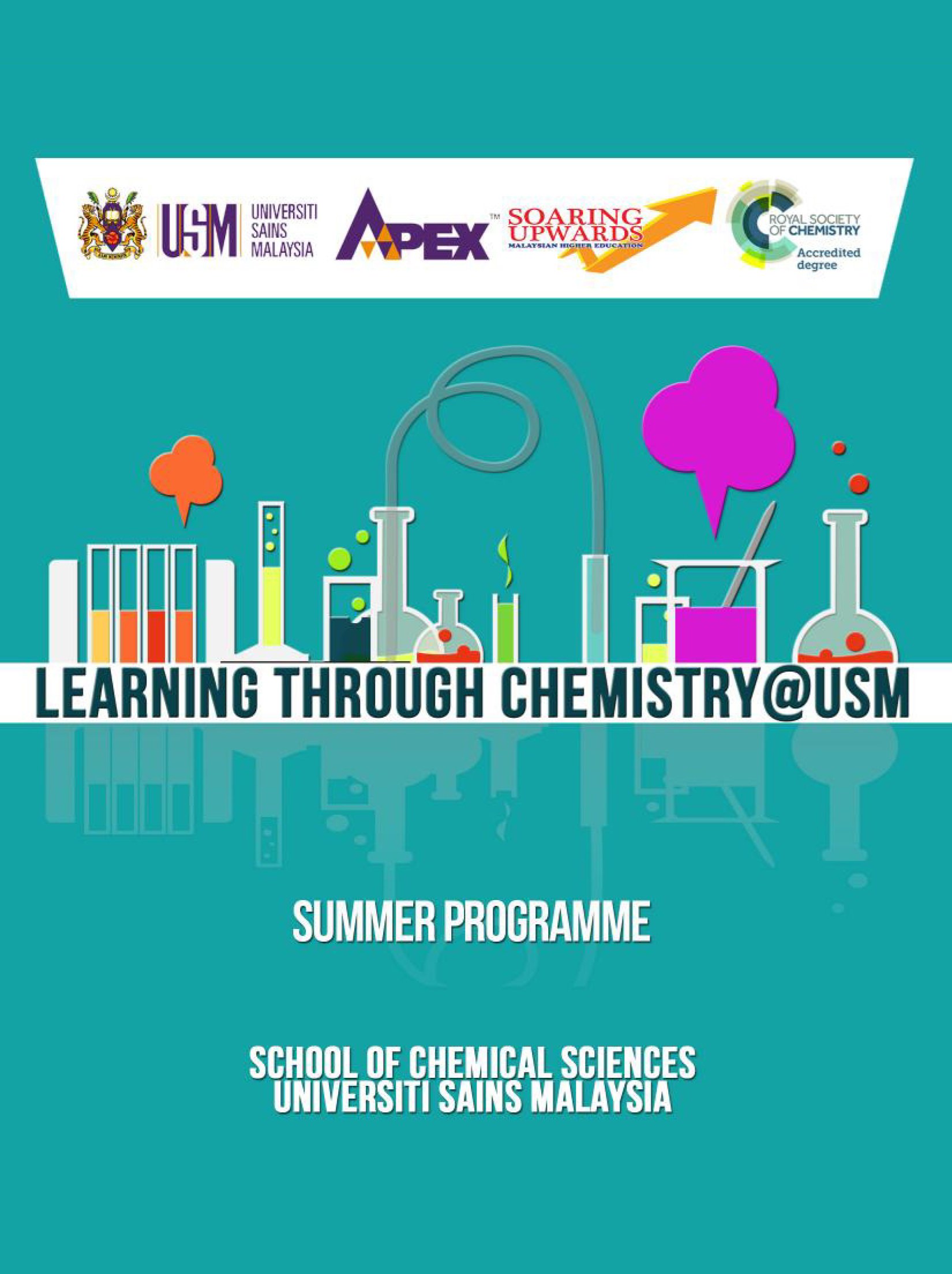

Learning Through Chemistry@USM
-
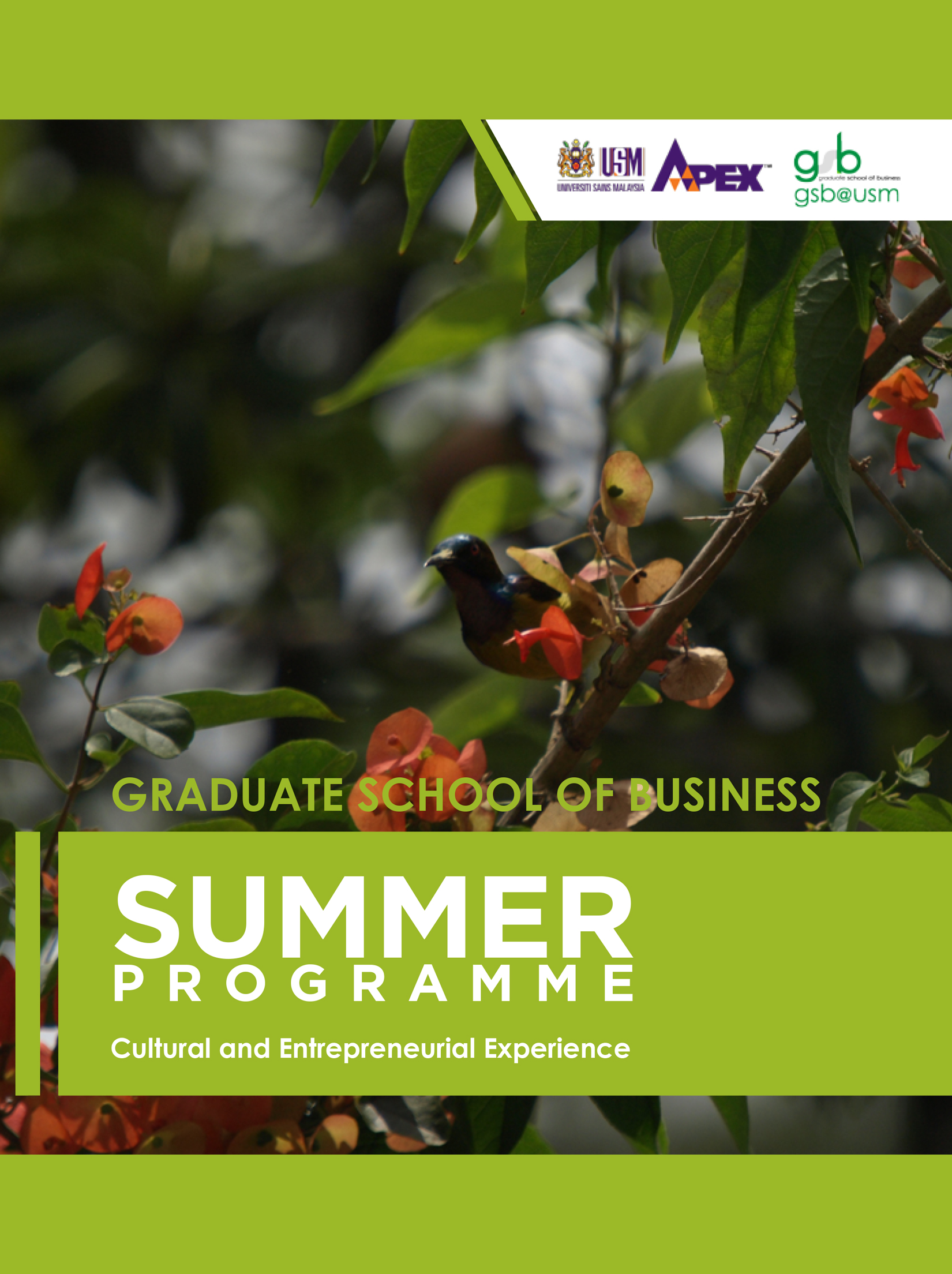

Cultural and Entrepreneurial Experience
-
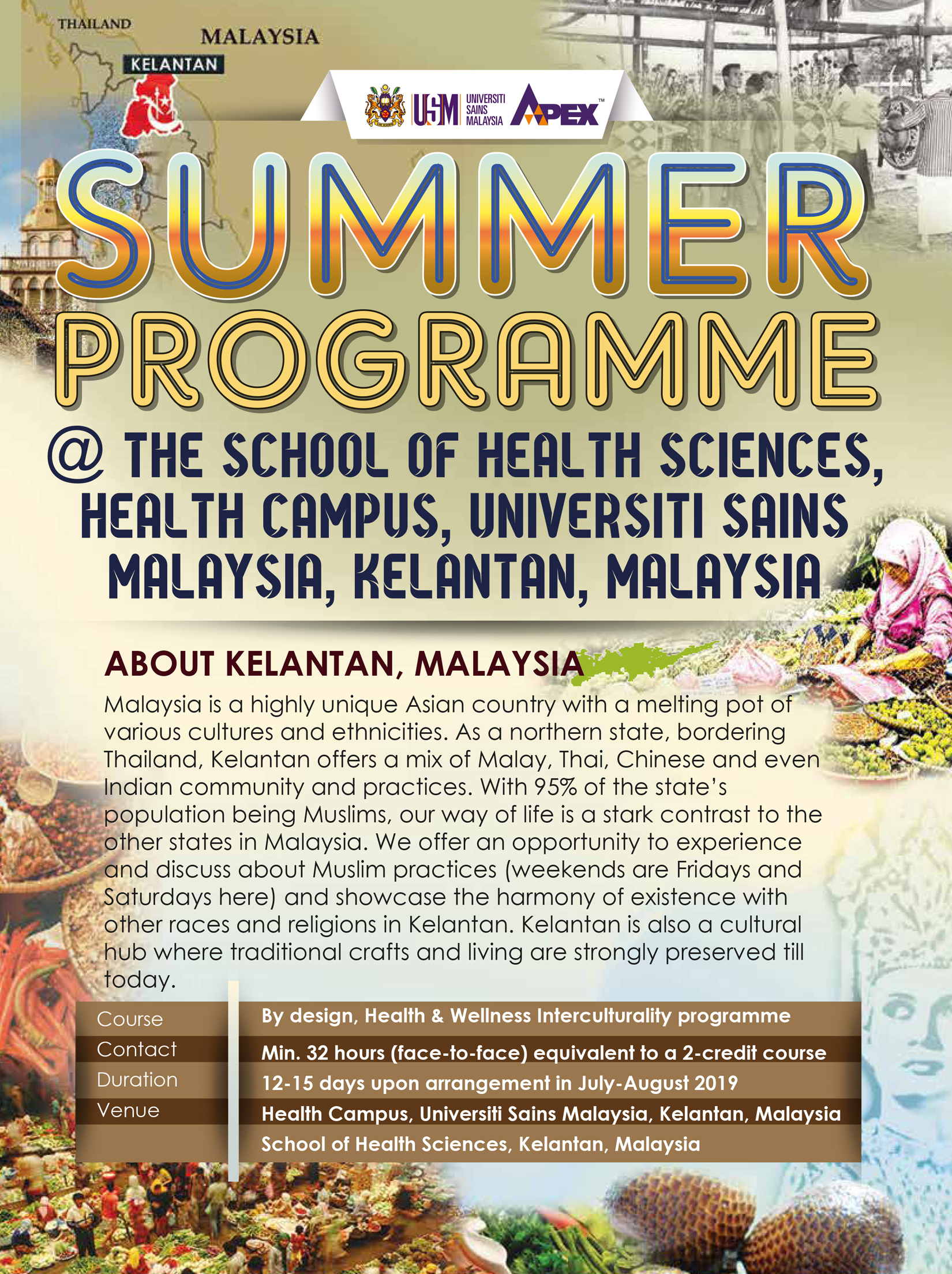

Summer Programme @School of Health Sciences, Kelantan
-
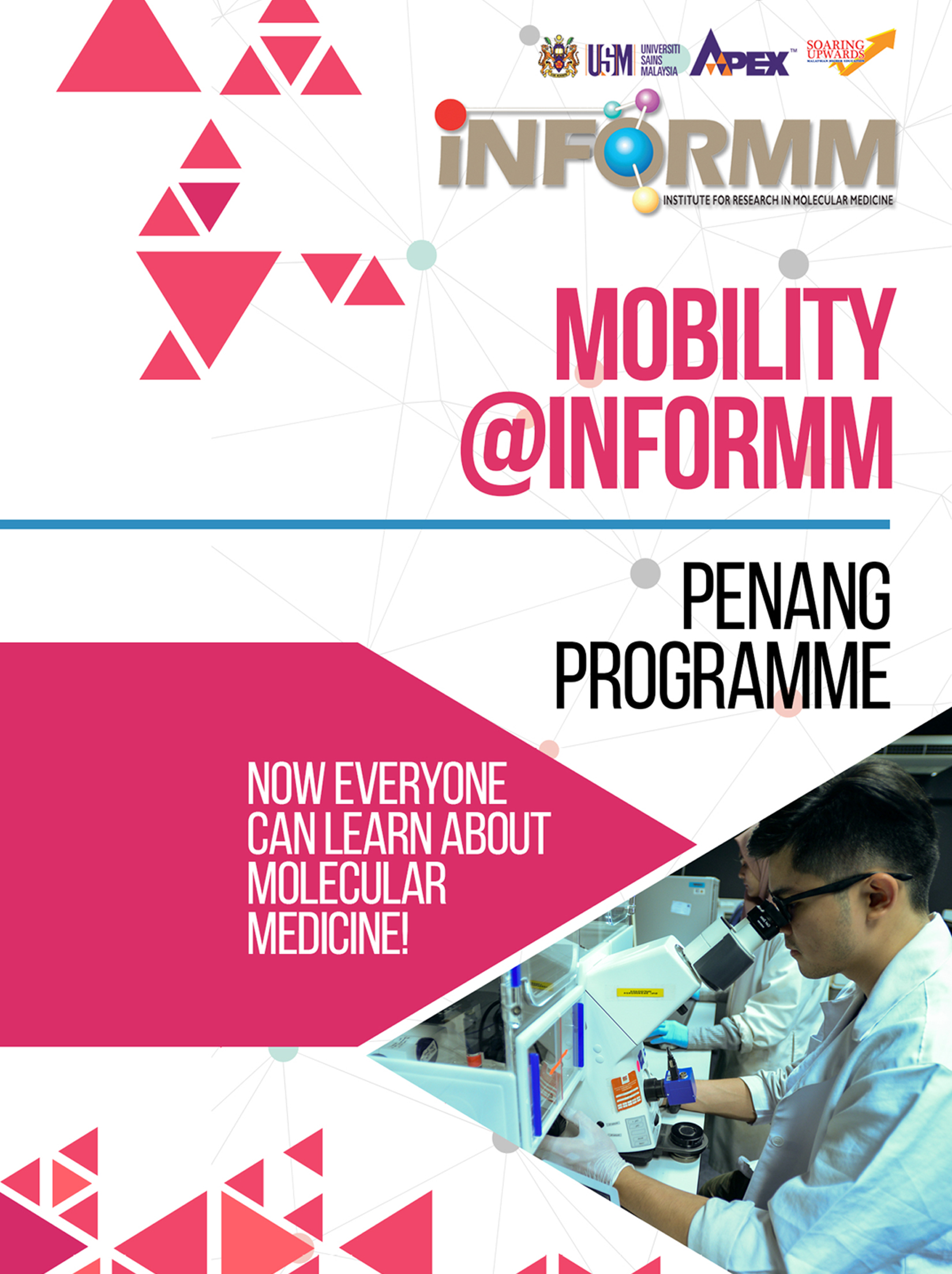

Now Everyone can learn about Molecular Medicine (Mobility@INFORMM)
-
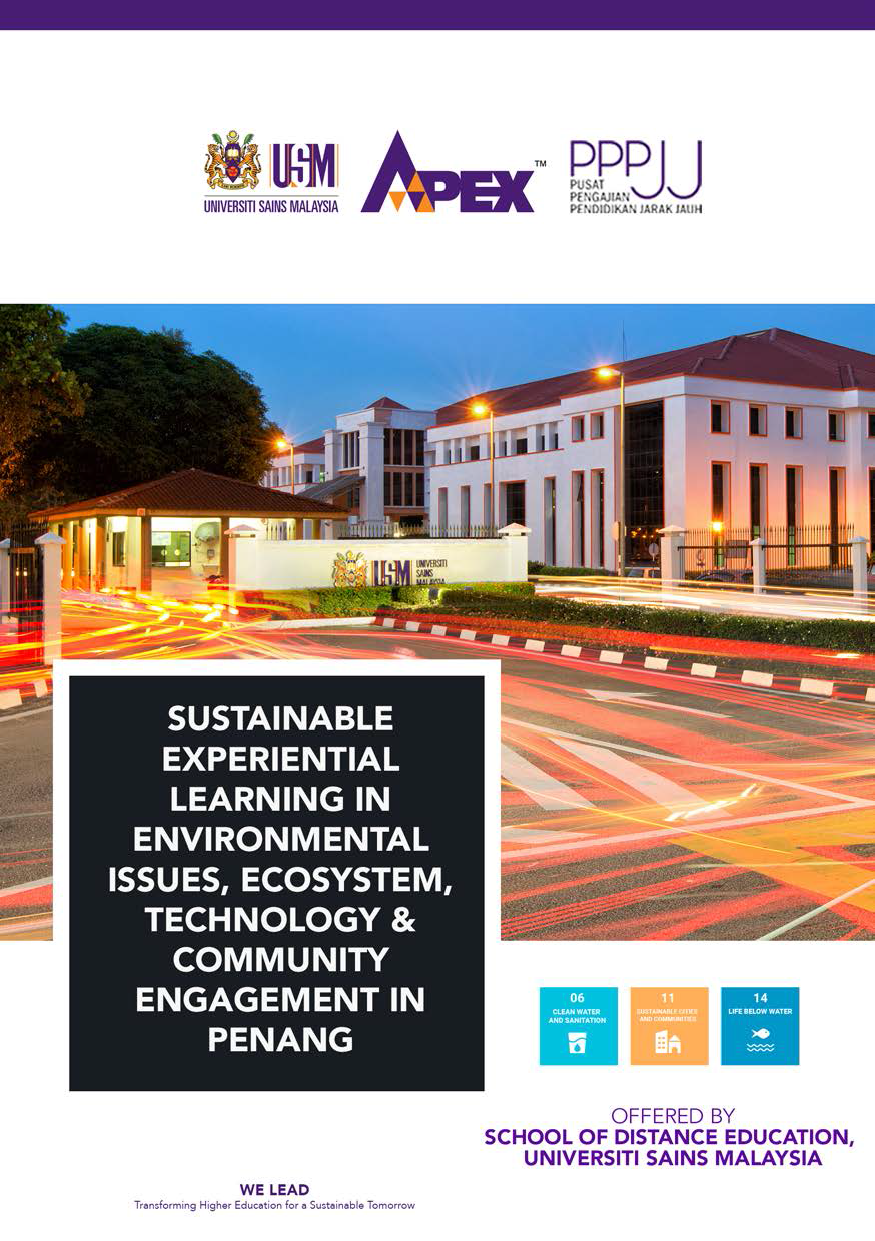

SCHOOL OF DISTANCE EDUCATION (PPPJJ)
-
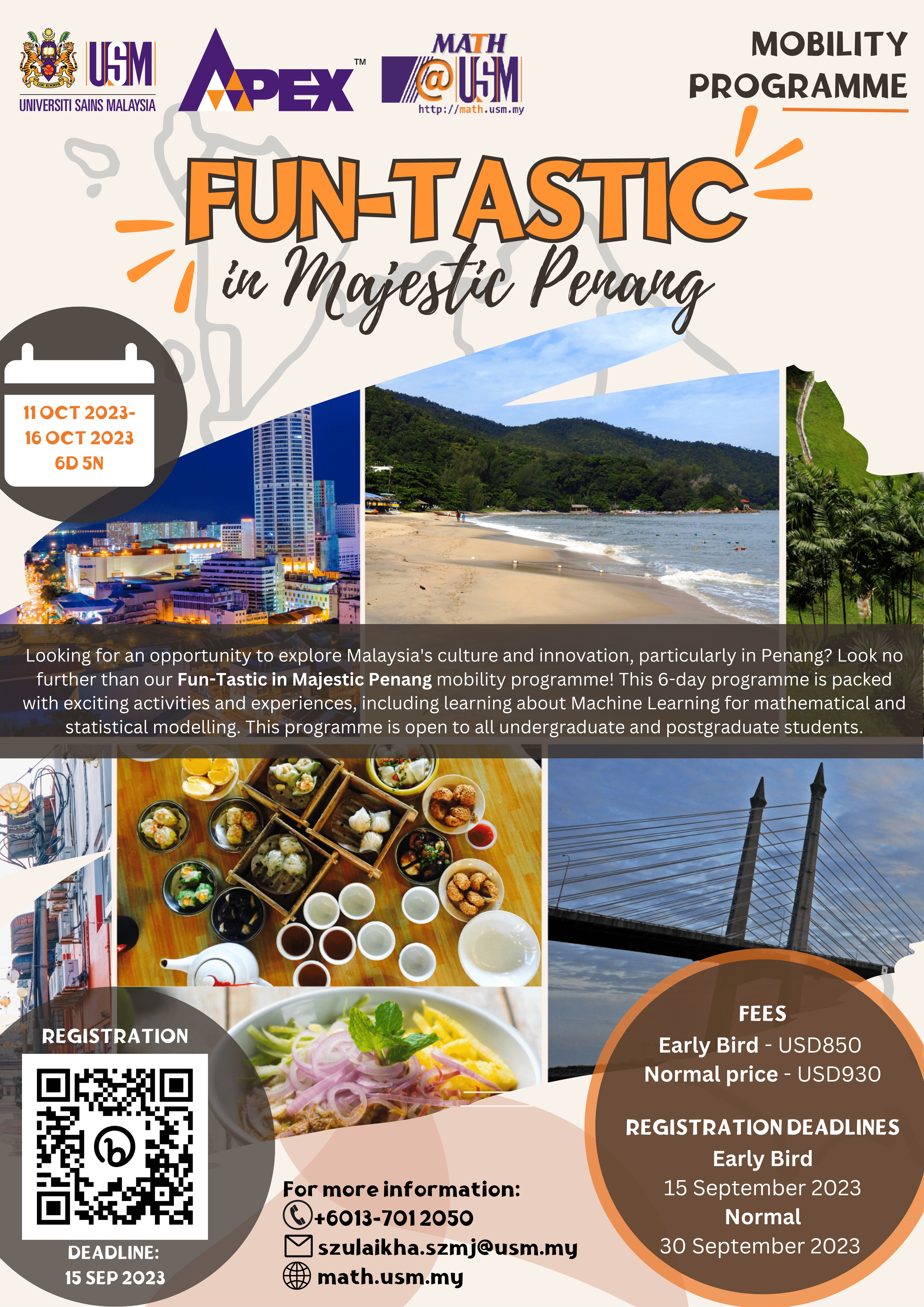

FUN-TASTIC IN MAJESTIC PENANG (MOBILITY@MATH)
-
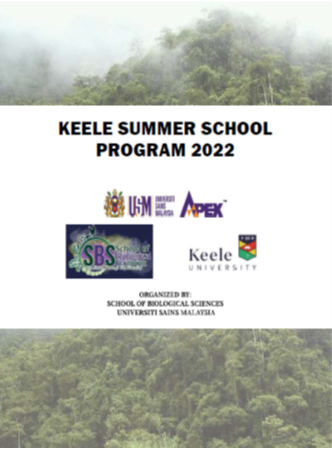

KEELE SUMMER SCHOOL PROGRAM
-
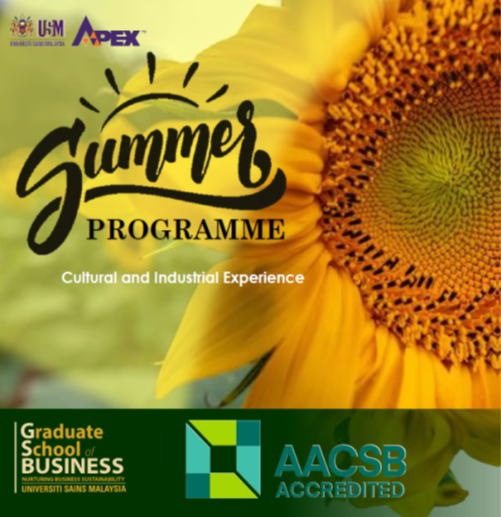

GSB SUMMER PROGRAMME
-
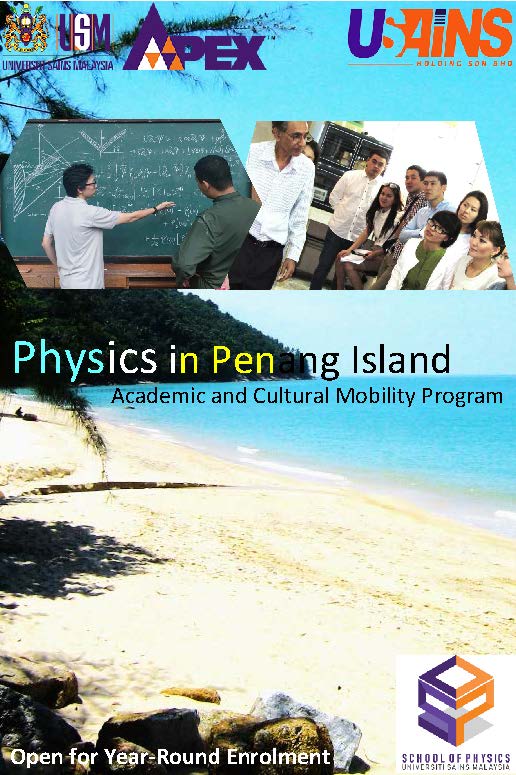
Physics in Penang Postgraduate Programme
More Articles …
- 1
- 2
